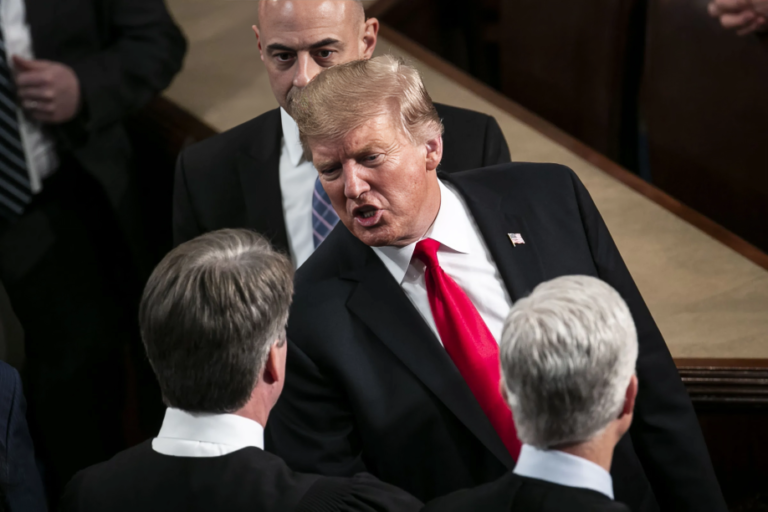In a striking shift of priorities, federal agents are being asked to pivot their focus from white-collar crime to immigration enforcement. According to sources familiar with the matter, the FBI has instructed its field offices to dedicate approximately one-third of their investigative efforts to support a renewed crackdown on illegal immigration, sidelining traditional white-collar investigations for the remainder of 2025.
This directive emerged during a series of internal meetings, where agents learned that pursuing complex financial crimes, corporate fraud, and corruption would be deprioritized amid the new emphasis on border security and immigration enforcement. The change reflects a broader strategic realignment, with officials emphasizing the importance of supporting the current administration’s immigration policies.
While the specifics of how many offices are affected remain unclear, and whether this directive spans the entire country, the move signifies a dramatic shift in law enforcement focus. An FBI spokesperson declined to comment on the matter.
The timing coincides with fresh guidance from the Justice Department’s Criminal Division, which has issued new instructions limiting the scope of white-collar investigations. Prosecutors are now urged to “minimize the length and collateral impact” of such cases, signaling a deliberate retreat from longstanding efforts to pursue financial crimes.
Historically, immigration enforcement has been primarily managed by agencies outside the Justice Department’s core law enforcement divisions. However, under the current administration, a concerted effort has been made to enlist federal agencies in immigration enforcement, diverting resources from traditional crime-fighting missions. This strategic pivot is partly driven by high-profile political rhetoric and policy shifts aimed at cracking down on illegal crossings and unauthorized entries.
Additionally, recent statements from top officials, including the Attorney General, indicate a broader intention to scale back investigations into white-collar offenses such as public corruption, foreign bribery, and influence peddling. The focus appears to be on streamlining enforcement efforts toward immigration and related issues, marking a significant departure from previous priorities in federal law enforcement.











+ There are no comments
Add yours